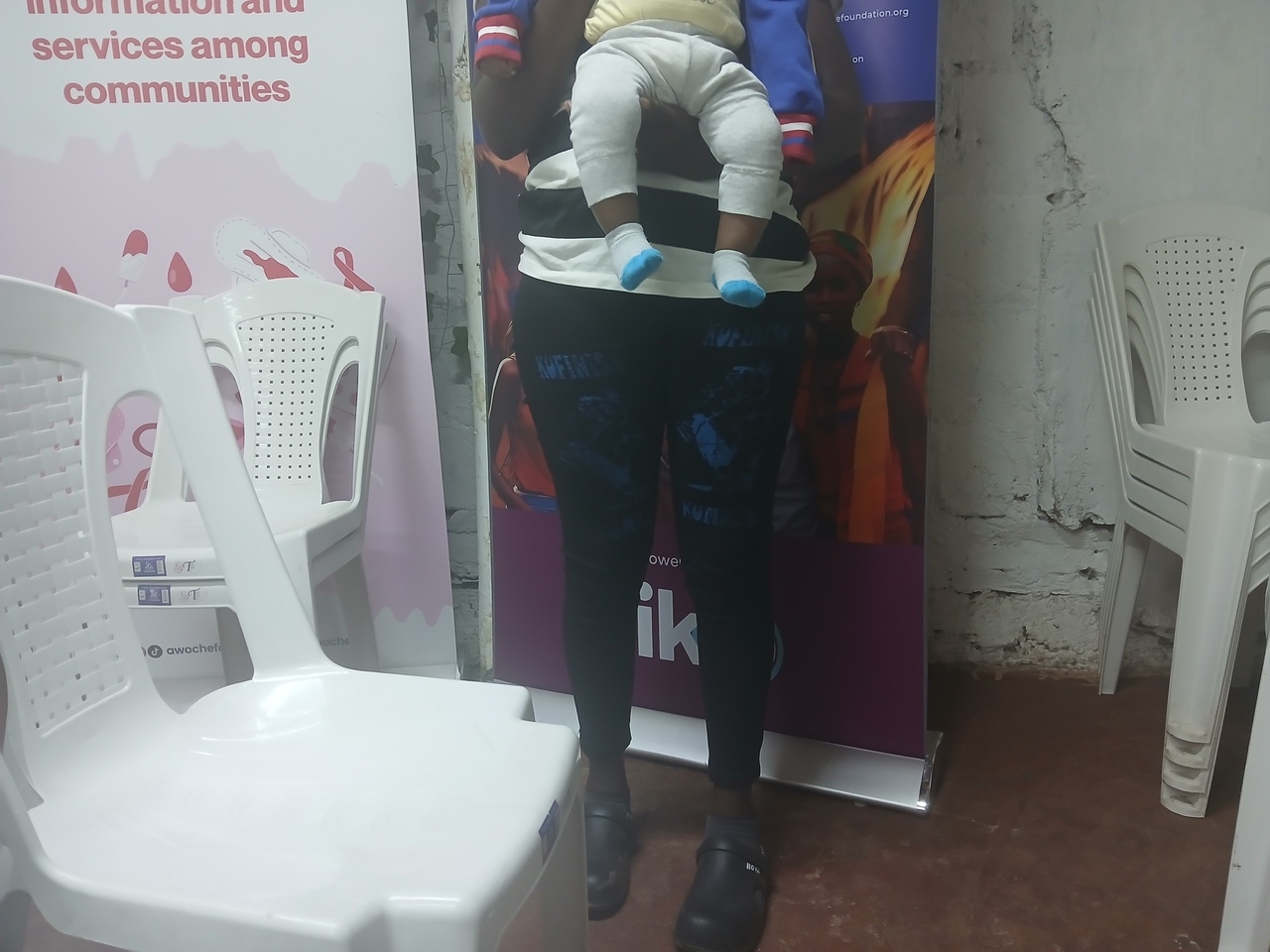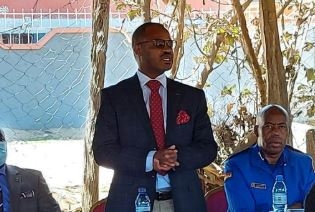World Contraception Day (WCD) was first celebrated on September 26, 2007.
Its objective was to increase public awareness of contraception and empower individuals and couples to choose their optimal family size with knowledge.
The foundation of WCD is the use of contraceptives to guarantee that every pregnancy is desired.
The WCD encourages family planning and user-preferred, safe methods of contraception.
The theme for the 2023 World Contraception Day celebrations: “The Power of Options” celebrates the diverse choices of modern contraceptive options available in the Kenyan market as a driver to achieve the vision where every pregnancy is wanted.
As we commemorate the WCD, it is prudent that we reflect on the strides made towards achieving the Family Planning 2030 commitments launched by the Ministry of Health and the National Council for Population and Development in November 2021.
Some of the commitments included increasing the modern contraceptive prevalence rate among married women from 58 per cent to 64 per cent by 2030 and reducing the unmet need for family for all women from 14 per cent to 10 per cent by 2030.
Others were reducing pregnancy among adolescent girls (15-19 years) from 14 per cent to 10 per cent by 2025, increasing domestic financing for family planning commodities to cover 100 per cent of the requirements by 2026, improving availability and utilization of quality family planning data for decision making among others.
According to the Kenya Demographic Health Survey findings of 2022, 63 per cent of married women are using a contraceptive method, with 59 per cent using a modern method.
The preferred methods among married women are injectables (20 per cent), implants (19 per cent) and contraceptive pills (8 per cent).
On the other hand, among sexually active unmarried women, traditional methods are more common with 70 per cent using any method of family planning, male condoms being the most popular.
The uptake of contraceptives by married women was lowest in Mandera (2 per cent), Wajir (3 per cent), Marsabit (6 per cent) and Garissa (11 per cent).
Unmet need for family planning stands at 14 per cent, however, several counties recorded high percentages way above the national average.
Some counties that had the highest unmet need for family planning were Marsabit (38 per cent), Tana River (34 per cent), West Pokot (30 per cent), Samburu (29 per cent), Siaya (27 per cent) and Isiolo (27 per cent). Adolescent pregnancy was reported to be 15 per cent.
Further, according to Kenya Health Information System data, the uptake of long-acting and reversible contraceptive methods (implants and intrauterine contraceptive devices) has the highest uptake of 47.6 per cent followed by short-acting contraceptives (injectables, condoms and oral contraceptives) with an uptake of 41 per cent.
A substantial proportion (10.8 per cent) of women use natural contraceptive techniques while voluntary surgical contraception (bilateral tubal ligation and vasectomy) has the least uptake of 0.2 per cent.
Based on the recent KDHS findings, it is evident that Kenya is experiencing challenges in the implementation of the FP 2030 commitments.
Some challenges include restrictive access to sexual and reproductive health services including contraception for those below the age of 18 years, inadequate funding for youth-friendly services, social and cultural norms and healthcare provider attitudes which limit access to quality SRH for adolescents and youth, who make up a large proportion of the population.
Other emerging challenges have been family planning commodity supply chain disruptions, family planning data quality and climate-induced shocks and stressors.
Specifically, access to modern contraception is impacted by several reasons, such as the distance to service providers, myths and beliefs that hinder adoption, anxiety about using the medication, and a lack of social support, among others.
Of all consumers, 60 per cent receive care from public health facilities; 34 per cent come from the private sector, primarily through community pharmacies (10 per cent) and private hospitals/clinics (21 per cent).
Hence, increasing the number of access points could enable more Kenyan women in need of contraception to obtain it, assisting in the achievement of the country's FP2030 goals, which are to lower the obstacles to modern contraception.
Reproductive Health Network Kenya, has been working closely with the Ministry of Health through the Division of Reproductive and Maternal Health to ensure the realization of FP 2030 commitments as a member of the Total Market Approach Taskforce.
The TMA strategy in the Family Planning Program in Kenya involves a comprehensive and systematic approach that considers the entire spectrum of potential users and stakeholders while addressing their diverse needs and preferences.
The Ministry of Health has since conducted a thorough assessment of the current family planning landscape in Kenya and engaged key stakeholders through the TMA task force to steer the strategic implementation of TMA.
As part of the TMA task force, RHNK is implementing a wide range of service delivery models such as subsidized family planning services for low-income communities and fee-based services for those who can afford them through its network providers who run their private clinics.
RHNK has also adopted innovative approaches such as telemedicine through its Nena Na Binti toll-free 24/7 hotline, operated by a trained healthcare provider and provides sexual and reproductive health information, consultations, counselling, and referrals to nearby network provider facility for services and follow-ups.
To further compliment the Ministry of Health efforts, RHNK along with other partners will be supporting the celebration of WCD which will be held in Nakuru.
It aims to highlight that offering a spectrum of choices not only supports the population and health needs but also advances gender equality, economic stability, and overall well-being.
By prioritizing choice, World Contraception Day 2023 aims to foster healthier societies and pave the way for sustainable development on a global scale.
Executive Director RHNK
















